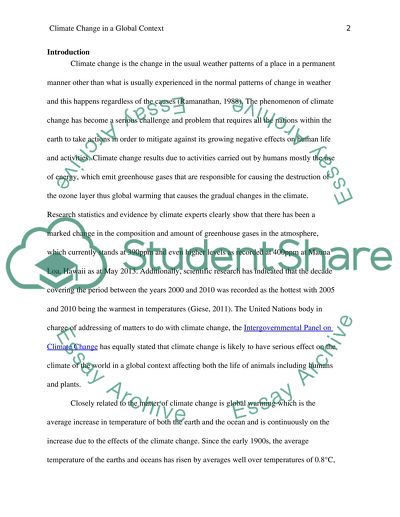Cite this document
(Climate Change in a Global Context Coursework Example | Topics and Well Written Essays - 3000 words, n.d.)
Climate Change in a Global Context Coursework Example | Topics and Well Written Essays - 3000 words. Retrieved from https://studentshare.org/environmental-studies/1630166-using-relevant-examples-discuss-the-issues-relating-to-climate-change-in-a-global-context
Climate Change in a Global Context Coursework Example | Topics and Well Written Essays - 3000 words. Retrieved from https://studentshare.org/environmental-studies/1630166-using-relevant-examples-discuss-the-issues-relating-to-climate-change-in-a-global-context
(Climate Change in a Global Context Coursework Example | Topics and Well Written Essays - 3000 Words)
Climate Change in a Global Context Coursework Example | Topics and Well Written Essays - 3000 Words. https://studentshare.org/environmental-studies/1630166-using-relevant-examples-discuss-the-issues-relating-to-climate-change-in-a-global-context.
Climate Change in a Global Context Coursework Example | Topics and Well Written Essays - 3000 Words. https://studentshare.org/environmental-studies/1630166-using-relevant-examples-discuss-the-issues-relating-to-climate-change-in-a-global-context.
“Climate Change in a Global Context Coursework Example | Topics and Well Written Essays - 3000 Words”, n.d. https://studentshare.org/environmental-studies/1630166-using-relevant-examples-discuss-the-issues-relating-to-climate-change-in-a-global-context.


